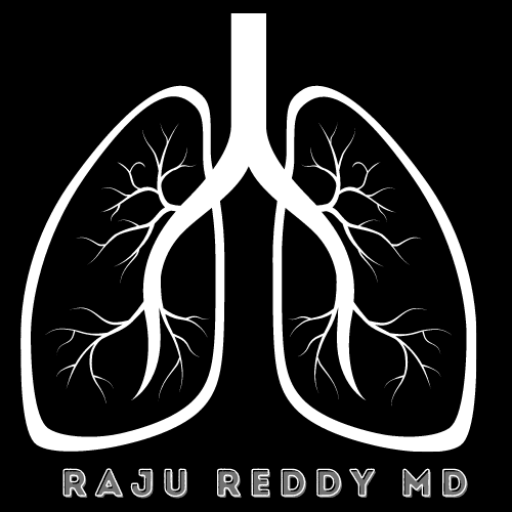In an era marked by urbanization and industrialization, our air quality directly affects our respiratory health. Poor air quality, laden with pollutants, can contribute to various respiratory issues. Here, the importance of air quality for lung health is explained, and practical tips for protecting yourself from pollution are provided, supported by credible sources.
Understanding Air Quality:
- Common Air Pollutants:
Our air can contain various pollutants, including particulate matter, nitrogen dioxide, sulfur dioxide, ozone, and carbon monoxide. Prolonged exposure to these pollutants has been related to respiratory diseases, cardiovascular issues, and other health concerns.
- Health Impact:
Inadequate air quality can exacerbate respiratory conditions. Long-term exposure to air pollution is also related to a raised risk of lung cancer and other respiratory infections.
Protecting Yourself from Pollution:
- Stay Informed:
Utilize air quality monitoring tools and apps to stay informed about the air quality in your area. Platforms like AirNow and Breezometer provide real-time air quality data, allowing you to plan outdoor activities accordingly.
- Reduce Outdoor Exposure:
On days with poor air quality, limit your time outdoors, especially during peak pollution hours. Consider indoor exercise alternatives to minimize exposure to harmful pollutants.
- Create a Clean Indoor Environment:
Enhance indoor air quality by using air purifiers, ensuring proper ventilation, and reducing sources of indoor pollution such as tobacco smoke and household chemicals. Houseplants like spider plants and peace lilies can also help filter indoor air.
- Choose Cleaner Transportation:
Opt for eco-friendly transportation options, such as electric or hybrid vehicles, public transit, or cycling. This reduces overall emissions, contributing to better air quality in your community.
Advocating for Change:
- Community Engagement:
Participate in community efforts to address air quality issues. Support initiatives to reduce industrial emissions, promote green spaces, and advocate for stricter air quality regulations.
- Raise Awareness:
Spread awareness about the impact of air quality on respiratory health. Encourage friends, family, and colleagues to adopt practices contributing to cleaner air, fostering a collective commitment to lung health.
Your lungs are precious, and safeguarding them against the harmful effects of air pollution is crucial for long-term respiratory health. By staying informed, making informed lifestyle choices, and actively working to improve air quality, you can create a more nourishing environment for yourself and the coming generations.


